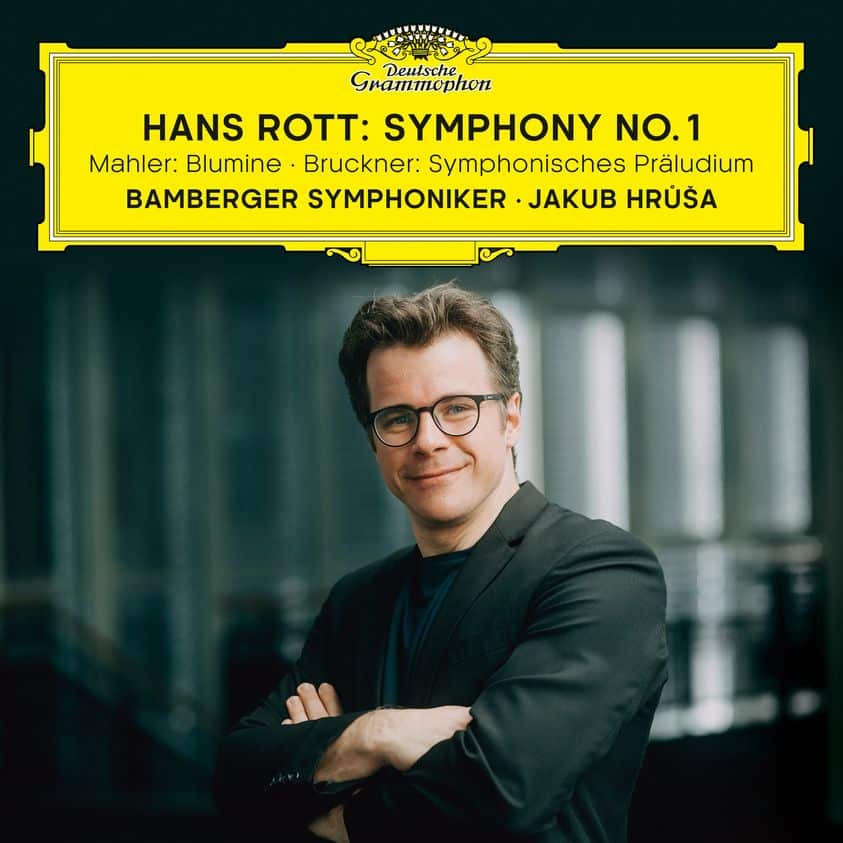Rott sets in at Deutsche Grammophon
NewsThe yellow label has agreed to release a Bamberg performance of the only symphony by Hans Rott, a work bearing uncanny premonitions of the second symphony by Rott’s friend Gustav Mahler.
Rott was committed to a mental hospital in 1881 with violent delusions. He died of tuberculosis in 1884, aged 25. Mahler attended his Vienna funeral.






Comments